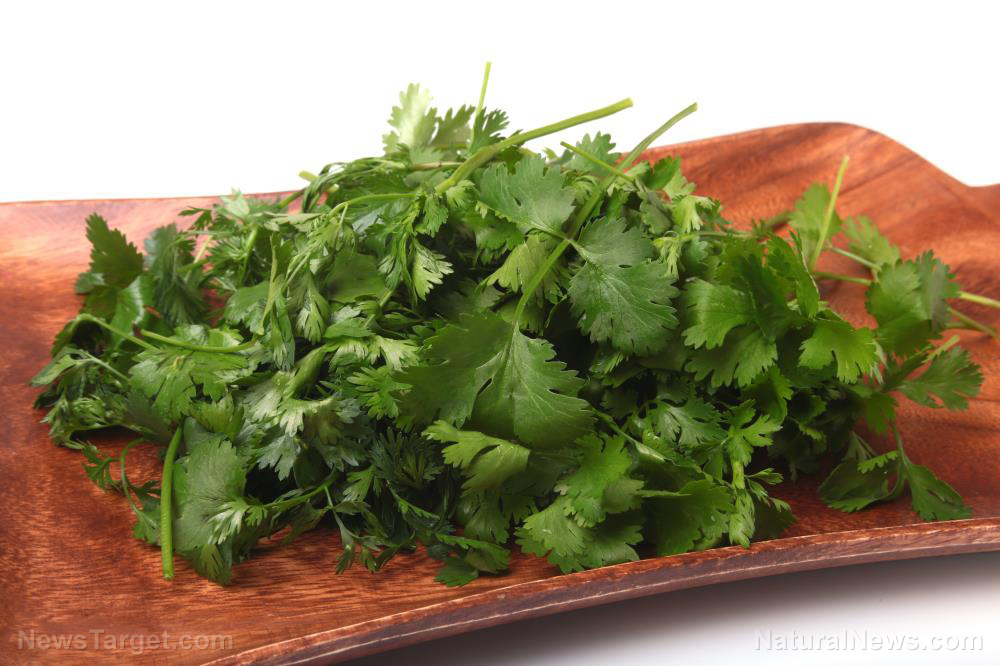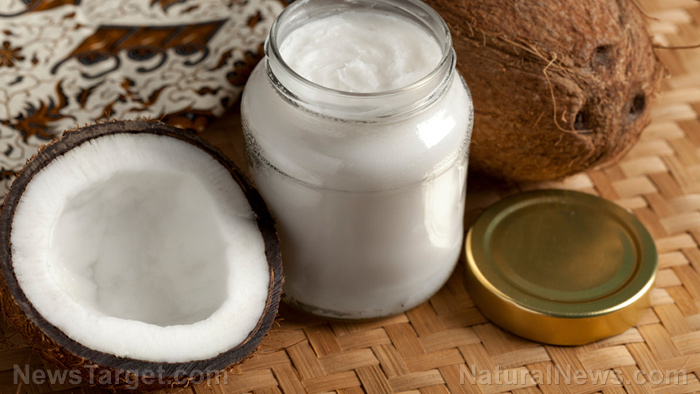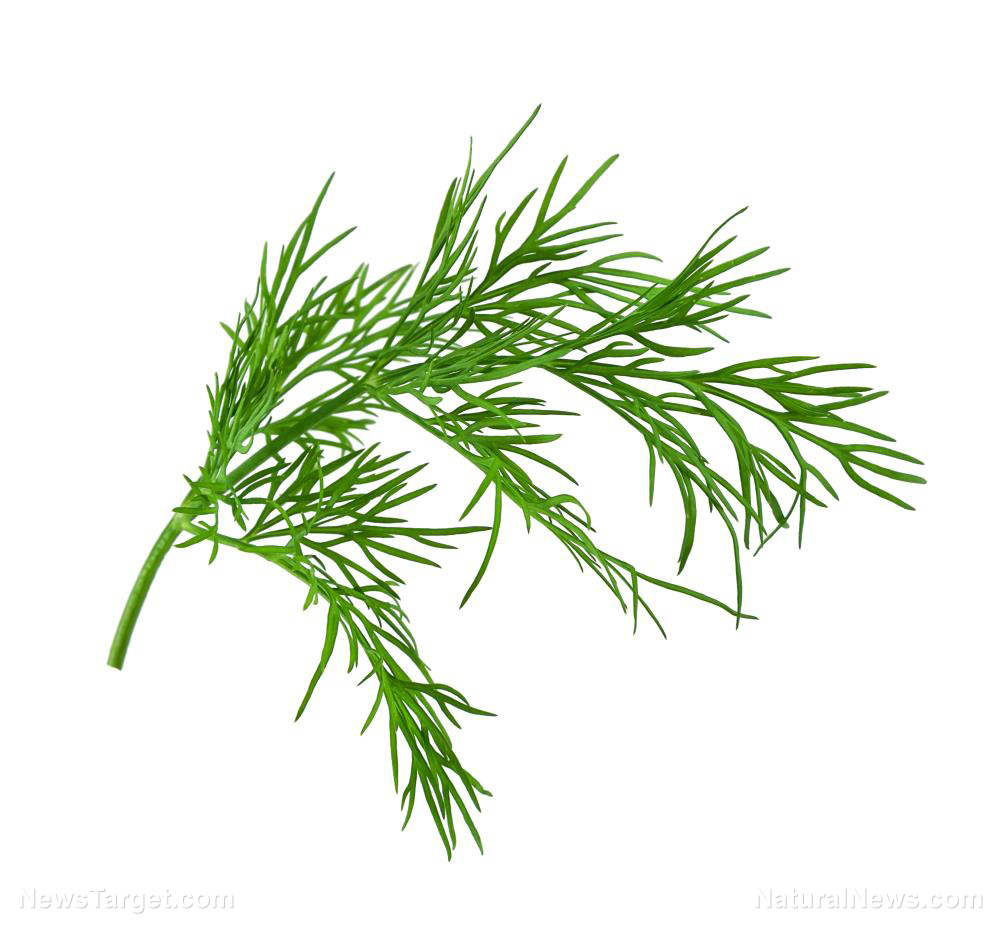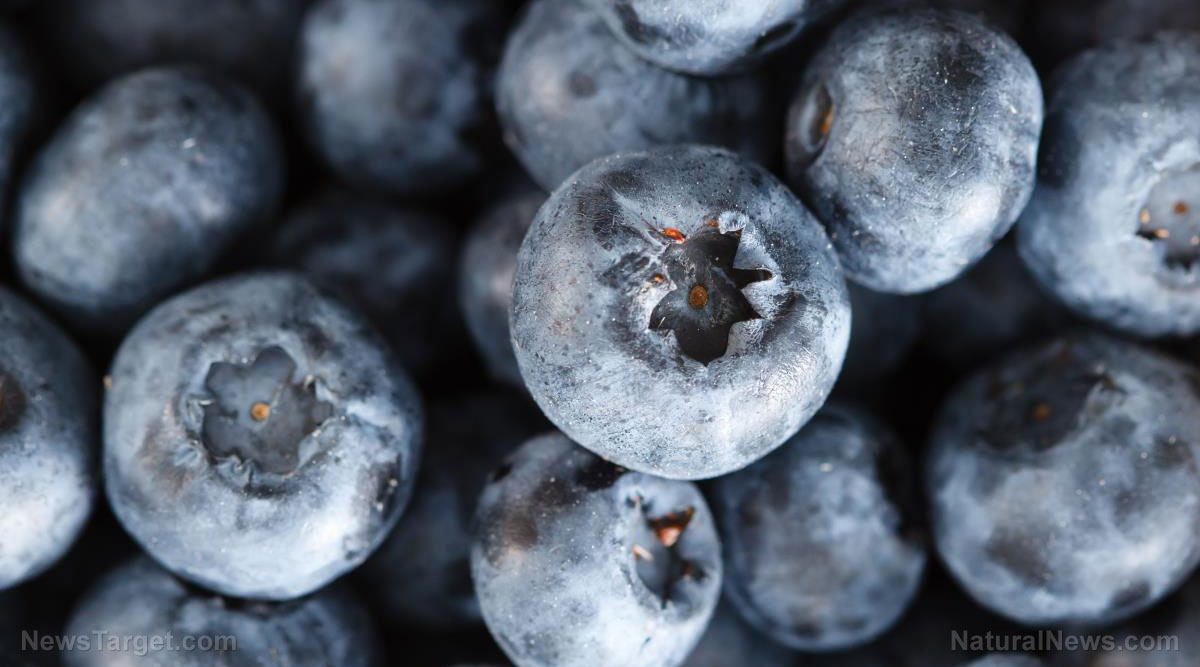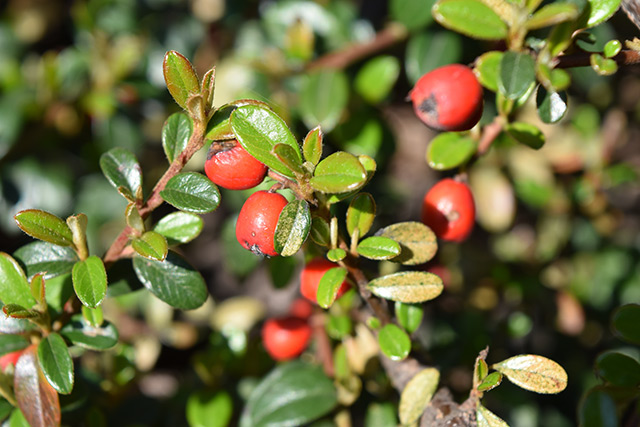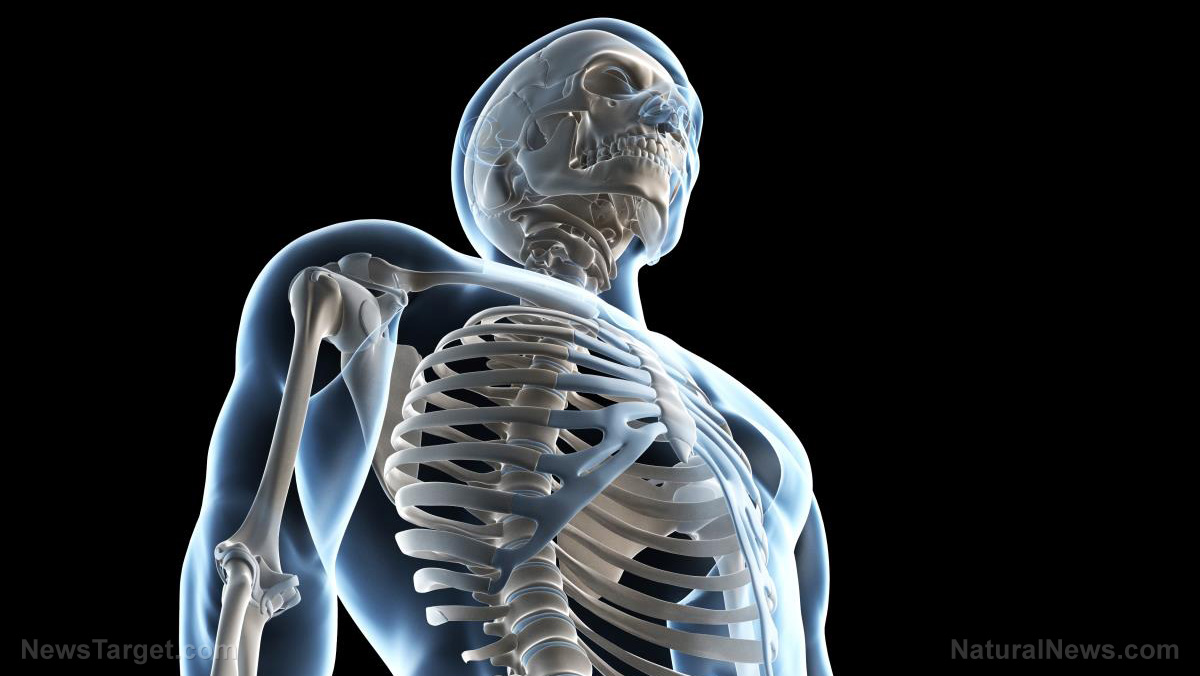Going vegan may not be as easy as you think; it takes planning and a lot of adjustment to stay healthy
06/13/2018 / By Rhonda Johansson

There is so much literature on the benefits of becoming a vegan. However, as with anything that has to do with improving and maintaining one’s health, it requires a lot of effort, research, and perseverance. It is the same with deciding – once and for all – that you’re going to exercise. Those pounds are not just going to magically disappear tomorrow. You need to move, and sweating will be an inevitable outcome of all your effort. Nevertheless, you reap the rewards of your actions when you become healthier and feel happier after months of hard work.
Becoming a vegan requires the same amount of dedication. Take it from a quirky but honest interview from journalist Leah Hardy. In her piece posted on the Daily Mail, Hardy talked about her struggles with transitioning from a carnivore to a vegan in three months.
At 54, Hardy was obese, suffered from some symptoms of irritable bowel syndrome (IBS), was frequently tired, and was beginning to worry about the welfare of farmed animals. She had her BMI and cholesterol levels measured and was horrified to see that her health was not as great as she thought it was.
Becoming a vegan began to appeal to her more and more.
Nevertheless, after consulting with a registered dietitian, she was warned that her path would not be easy. Many vegans often struggle to meet their nutritional needs, especially their protein requirements, when they completely forego animal-based foods. While there are some vegan sources (such as tofu, mince, and buckwheat) that contain protein, they may not be enough for an average adult – especially one that is obese and trying to transition.
There are also studies that have concluded that vegans are more susceptible to having lower levels of vitamin B12, iodine, and selenium.
Don’t get us wrong. Choosing an entirely plant-based diet is a choice that has many health and environmental benefits. However, we must stress that the vegan diet must also be carefully planned. Simply being a vegan does not make you healthy.
You must be aware that transitioning to a plant-based diet will cause some side effects, such as fatigue and huge cravings. This is normal and will challenge your resolve on how serious you are with your decision to become a vegan.
- Be prepared to be tired – When you switch to veganism, you automatically consume fewer calories. One of the selling points of veganism is that you are able to consume more micronutrients from plants. This is true. Nevertheless, some people take it to the extreme and consume not only NO animal products, but LESS plants – all in an effort to lose weight. Do not do this. Remember that becoming vegan already means that you are consuming less. Even when you follow a well-balanced vegan diet, expect to be initially tired.
- You will have cravings – If you’ve eaten meat for most of your life, it will be hard to go cold-turkey. One way to avoid this is not changing your diet overnight but taking little steps. Start new foods that you might come to love and slowly wean yourself from meat. Eventually your taste buds will adjust and healthy foods will be just as delicious as your previously loved hamburger!
- You might have digestive problems – Your first few weeks of being a vegan may play a number on your gut. Don’t worry about it so much. That’s just your body getting used to the type of food you are now eating.
Be the shining example of what a vegan can be. This is a choice that you’ve made and it should be for health rather than cosmetics. People often fail in their vegan journey because their main goal is just to lose weight and follow their favorite celebrities. Constantly educate yourself on what foods to eat and choosing cruelty-free cleaning and beauty products as well.
Most importantly, remember that this is a journey that will only manifest itself in concrete results months after you begin.
Sources include:
Tagged Under: clean food, diet, dietary habits, fruits, green living, healthy living, lifestyle habits, nutrients, nutrition, organics, phytonutrients, plant-based, Plants, slender, vegan, veganism, vegetables

